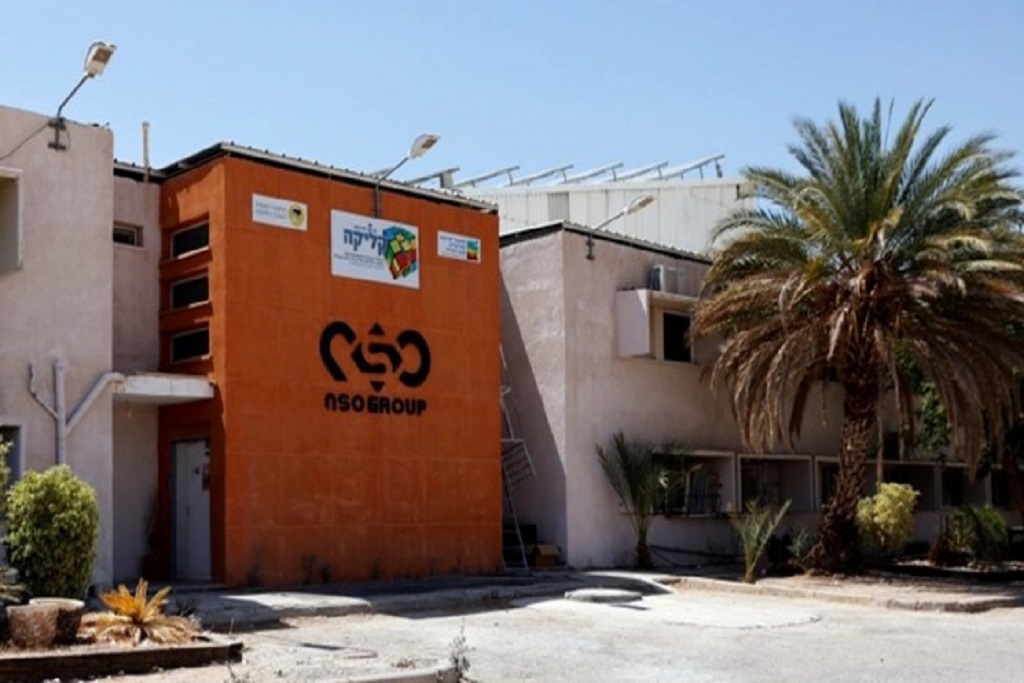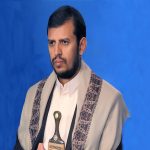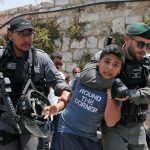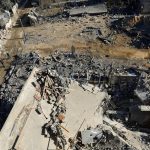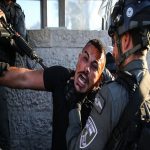Palestinian civil society employees and political activists said they are determined to continue their work despite the criminalisation of their organisations by Israel and the hacking of their phones with Pegasus spyware developed by Israeli company NSO Group.
Faraan: On October 19, Israel designated six internationally renowned Palestinian civil and human rights organisations as “terror groups” under its domestic Anti-Terrorism Law, claiming they had connections with the left-wing Popular Front for the Liberation of Palestine (PFLP) group, Al-Jazeera reported.
The PFLP’s armed wing was active during the Second Intifada and carried out attacks against Israeli targets.
The rights groups deny any links to the PFLP and Israel has failed to publicly release any evidence to substantiate its claims.
The “terror” designation was followed by military orders in the occupied West Bank labelling the organisations as “unlawful” under British-era Defence Emergency regulations.
“I will carry on working to help Palestinians no matter what,” Salah Hammouri, a lawyer for Addameer prisoner rights group – one of the targeted organisations – told Al-Jazeera.
Hammouri, a Palestinian-French national from Jerusalem, is one of six Palestinian activists that had their phones hacked by Pegasus spyware. He is also facing deportation after the Israeli Interior Ministry announced the revocation of his Jerusalem residency permit on the grounds of “breach of allegiance to the State of Israel”.
Afraid of being arrested and/or deported, he has been forced to relocate to Ramallah.
“I can’t leave Ramallah and return to my home in Jerusalem to see my family because if I cross a checkpoint I may be arrested,” he said, adding, “I don’t sleep at night because every time I hear noises outside I think it’s Israeli soldiers.”
In addition to Addameer, the five other civil society and human rights organisations include Al-Haq rights group; the Union of Palestinian Women’s Committees (UPWC); the Union of Agricultural Work Committees (UAWC); the Bisan Center for Research and Development; and the Palestine chapter of the Geneva-based Defence for Children International organisation.
Some of the groups conduct a range of critical human rights work – including documenting Israeli rights abuses, providing legal aid to detainees, conducting local and international advocacy, and working with the International Criminal Court and the United Nations.

